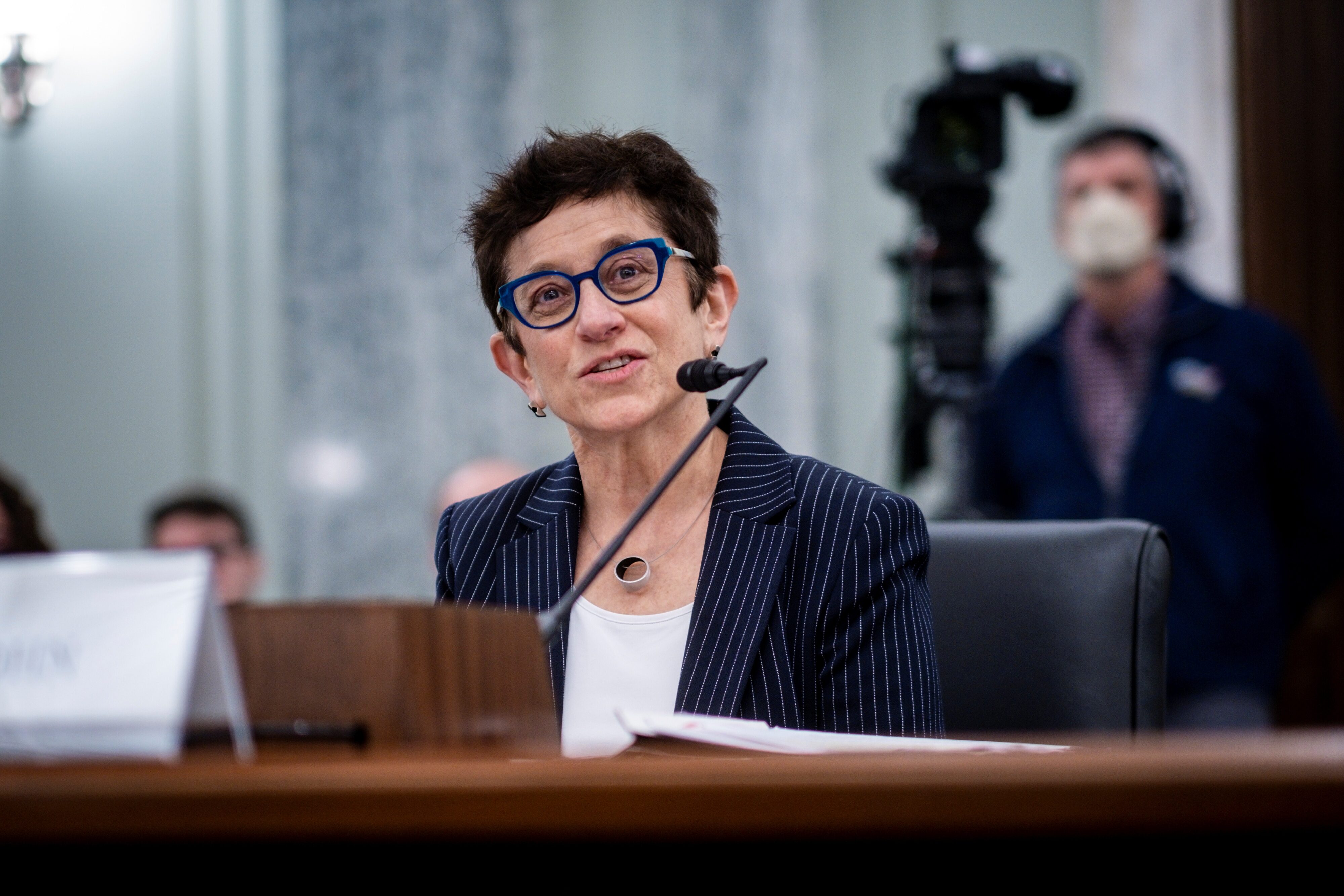Federal Prosecutions Skyrocket with Dismal Outcomes
The latest statistics reveal a devastating reality for defendants in the federal criminal justice system. In fiscal year 2023, federal prosecutors initiated more cases than ever before, yet a staggering 95% of defendants faced convictions. This overwhelming conviction rate raises serious questions about due process and the integrity of our legal system. As reported by the Bureau of Justice Statistics, the system appears to be functioning more as a conveyor belt for convictions than a bastion of justice.
Sentencing Disparities Reveal Systemic Bias
The 2023 Annual Report from the United States Sentencing Commission paints a troubling picture of sentencing disparities that disproportionately affect marginalized communities. While white defendants often receive leniency, Black and Latinx defendants are subjected to harsher penalties. This systemic bias not only perpetuates inequality but also undermines the supposed objectivity of our judiciary.

Takeaways from Attorney General Merrick Garland’s Senate Judiciary ...
Probation and Supervision Fail to Address Root Causes
With an overwhelming number of individuals being sentenced to probation rather than incarceration, one would hope this reflects a more rehabilitative approach. However, according to data from the New Jersey Courts, probation often serves as a trap. Many individuals violate probation terms due to lack of access to resources and support, leading to reincarceration. This cycle of punishment fails to address the underlying issues of poverty, addiction, and mental health that drive crime.
Police Accountability Remains a Distant Dream
Despite ongoing calls for increased police accountability, the federal response has been lackluster at best. As the statistics show, the culture of impunity among law enforcement continues unchecked, allowing abuses of power to flourish. The public’s demand for transparency and accountability is met with resistance from those in power, creating a dangerous disconnect between communities and the institutions meant to protect them.

U.S. Senate panel sets new hearing for Biden telecom nominee ...
Community Impact and Public Health Crisis
The consequences of these alarming trends extend beyond the courtroom. The mass incarceration of individuals, particularly from marginalized communities, exacerbates public health crises and destabilizes neighborhoods. Families are torn apart, and communities are left to grapple with the long-term effects of systemic injustice. As noted in discussions surrounding criminal justice reform, it is crucial to recognize that the justice system does not exist in a vacuum; its failures reverberate throughout society.

![[Video] Anti-ICE Protester Pepper Sprayed as CBP Agents Disperse Crowd in Minneapolis](/_next/image?url=%2Fapi%2Fimage%2Fthumbnails%2Fthumbnail-1768260677127-y71sb7-thumbnail.jpg&w=3840&q=75)

![[Video] Several injured as U-Haul truck drives through Iranian protestors in Los Angeles](/_next/image?url=%2Fapi%2Fimage%2Fthumbnails%2Fthumbnail-1768176682028-q95y6j-thumbnail.jpg&w=3840&q=75)
![[Video] Scuffle breaks out between Trump supporters and Anti-ICE protesters in Times Square](/_next/image?url=%2Fapi%2Fimage%2Fthumbnails%2Fthumbnail-1768165958203-hgcgb-thumbnail.jpg&w=3840&q=75)


![[Video] Gunfire between Iraqi security forces and Sadr militias in Baghdad](/_next/image?url=%2Fapi%2Fimage%2Fthumbnails%2Fthumbnail-1768343508874-4redb-thumbnail.jpg&w=3840&q=75)
